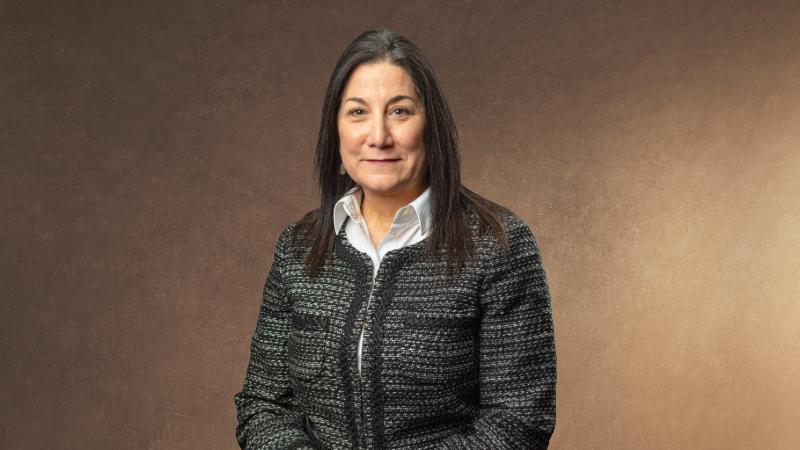
Tim Ferber is a Speech-Language Pathologist who has been working at St. Peter’s Health for over 15 years.
June 24, 2024
In a world where effective communication shapes our daily interactions, speech therapy provides support for individuals of all ages who may be experiencing an array of communication challenges. Beyond simply correcting speech sound errors, Speech-Language Pathologists (SLPs) are trained to evaluate and treat a spectrum of communication disorders along with impairments in swallow function. Let’s explore the multifaceted nature of speech therapy and clear up common misconceptions.
Most of our understanding of speech therapy involves helping people talk, beginning with speech production. From articulation to phonological skills (sounds and letters), SLPs use personalized techniques to enhance clarity and precision in verbal expression. Through exercises targeting oral (mouth) motor coordination and phonemic awareness, individuals develop the basic skills needed for clear and intelligible speech production.
Yet, the scope of speech therapy extends beyond just speech output, including language use and comprehension. SLPs help individuals learn and develop language, expanding their vocabulary, grammar, and basic language skills. Through interactive activities and structured interventions, individuals gain the tools they need to express thoughts, emotions, and ideas with clarity and confidence.
Likewise, speech therapy addresses fluency disorders such as stuttering, offering techniques to promote smooth and fluent speech patterns. SLPs provide literacy interventions, including phonological awareness, reading comprehension, and writing skills to ensure everyone has the tools to navigate the written word with confidence and understanding. Use of augmentative communication, or a speech generating device, remains a vital communication tool for those who do not have traditional speech abilities.
Speech therapy also plays a pivotal role in fostering social communication skills, particularly for individuals with autism spectrum disorders or social communication challenges. SLPs provide guidance in interpreting non-verbal cues, understanding social norms, and engaging in meaningful interactions. By cultivating essential social skills such as turn-taking, perspective-taking, and initiating conversations, speech therapy fosters personal connection and promotes social interaction.
What may be lesser known is that speech therapy addresses cognitive (brain) skills as well, which are essential for community integration and daily functioning. SLPs use functional cognitive-linguistic exercises to enhance attention, memory, problem-solving, and more. By targeting cognitive processes underlying language comprehension and expression, speech therapy supports individuals with navigating complex daily communication tasks and work/community responsibilities.
Voice production is another important communication aspect addressed within speech therapy. SLPs assess and treat voice disorders, helping individuals develop healthy vocal habits, reduce chronic cough/throat clearing and improve vocal projection and resonance. Through vocal exercises and behavioral strategies, individuals achieve voice clarity and endurance, enhancing their ability to talk effectively and sing with confidence.
Through vocal exercises and behavioral strategies, individuals achieve voice clarity and endurance, enhancing their ability to talk effectively and sing with confidence.
Finally, speech therapy extends its reach to address swallow dysfunction, known as dysphagia, which can significantly impact quality of life and nutritional intake. SLPs assess swallow function through bedside and instrumental evaluations in order to recommend techniques for improving swallowing safety and efficiency. Through exercises targeting oral motor strength/coordination and incorporating swallow strategies, individuals regain (or maintain) the ability to eat and drink safely, enhancing their overall well-being.
Though it may be surprising, speech therapy services go well beyond just helping someone talk! SLPs use a comprehensive approach to treat communication and swallowing disorders, empowering individuals to improve their participation and enjoyment with many of the things we all take for granted. Please join me in advocating for greater awareness and accessibility of these therapies and interventions, helping us ensure that all individuals have the opportunity to eat safely and communicate effectively.


